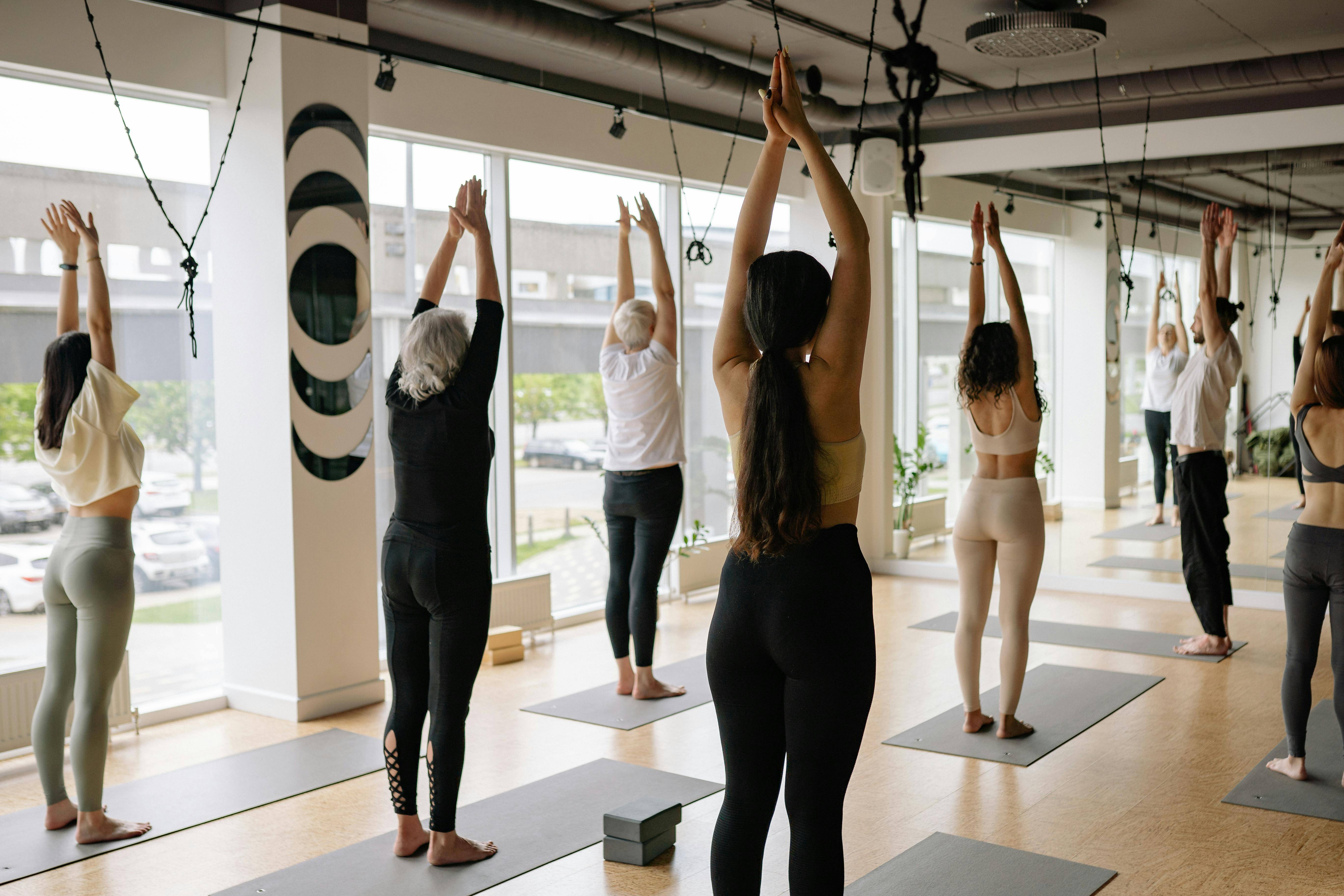What Employers Can Learn from Gen Zs About Wellbeing and Mental Health

By Sandi Wassmer, CEO of enei
When I first entered the workforce, talking about your mental health in the workplace would have probably found you in receipt of your P45. Roll forward to 2024, and supporting employee wellbeing and mental health is now at the centre of all great organisations’ cultures. However, there remains a generational divide between Gen Zs and the rest of us when it comes to asserting our rights in the workplace more broadly, and specifically in taking care of our mental health.
Gen Zs know their rights, what they are entitled to, and how they should be treated in the workplace and will be vocal about this when they feel their wellbeing and mental health are being compromised. They are comfortable recognising stress and have a good understanding of the tools available to them to make sure that stress doesn’t adversely impact their mental health. Gen Zs with a mental health diagnosis are, in my experience, upfront about it and disclose at the earliest stages, either during the interview process or during onboarding. I find this incredibly heartening, as it demonstrates a real shift in societal attitudes towards mental health, with Gen Zs being the first generation to really benefit from this change in all aspects of their lives.
Although the rest of us understand all of this intellectually, many organisations and the people within them are struggling to change ingrained behaviours around supporting employee wellbeing and mental health. More importantly, they also struggle with how to openly talk about mental health without fear, discomfort, judgement or recrimination.
To do so, it’s essential to understand some basics about mental health. We all have it, and it is a continuum, so no person’s mental health is exactly the same every day, whether or not they have a diagnosis. In the workplace, there will always be a certain amount of pressure to meet deadlines or produce work of a particular standard or quality, and this sort of pressure should not cause stress. Rather, it should help give people a sense of purpose and energy and drive performance. Too much pressure, in the guise of an unreasonable workload, unrealistic deadlines or unattainable standards, can easily lead to stress and poor mental health.
Getting it right is all about balance and having the right interventions in place, both large and small, to ensure that unmanageable pressure or stress is caught early. Making sure that discussing mental health is just part of an organisation’s culture is key, with weekly one-to-ones starting with an authentic check-in about the employee’s mental health and wellbeing, their workload, their pressures, and where they may need support. It’s also crucial to celebrate good work and success in both one-to-one and team settings, making sure that individual contributions are recognised and valued. Many employers have wellbeing programs that include activities like mindfulness, discounted gym membership, flexible working, cycle-to-work schemes and employee assistance programs (EAPs), many of which are low-cost, particularly for smaller organisations.
However, none of this is possible without a psychologically safe environment and the ability to support resilience building. A lot of people misunderstand resilience as the ability to withstand anything and not falter. This misapprehension is most certainly more common with us non-Gen Zers. To me, resilience is about allowing what you are experiencing to be fully felt, to be present with that, and not to ignore it or push it away. You then work through the experience and, when you’re ready, let it go. Resilience comes after this, as you are then able to bounce back and return to equanimity. As, thankfully, all of us human beings are different, bouncing back will not happen at the same pace for everyone. For managers to be able to hold people safely in this space and help them work through any challenges is an incredible gift. We just need to look at the way Gen Zs communicate with each other about their mental health and how they support each other through challenging times to know how.




